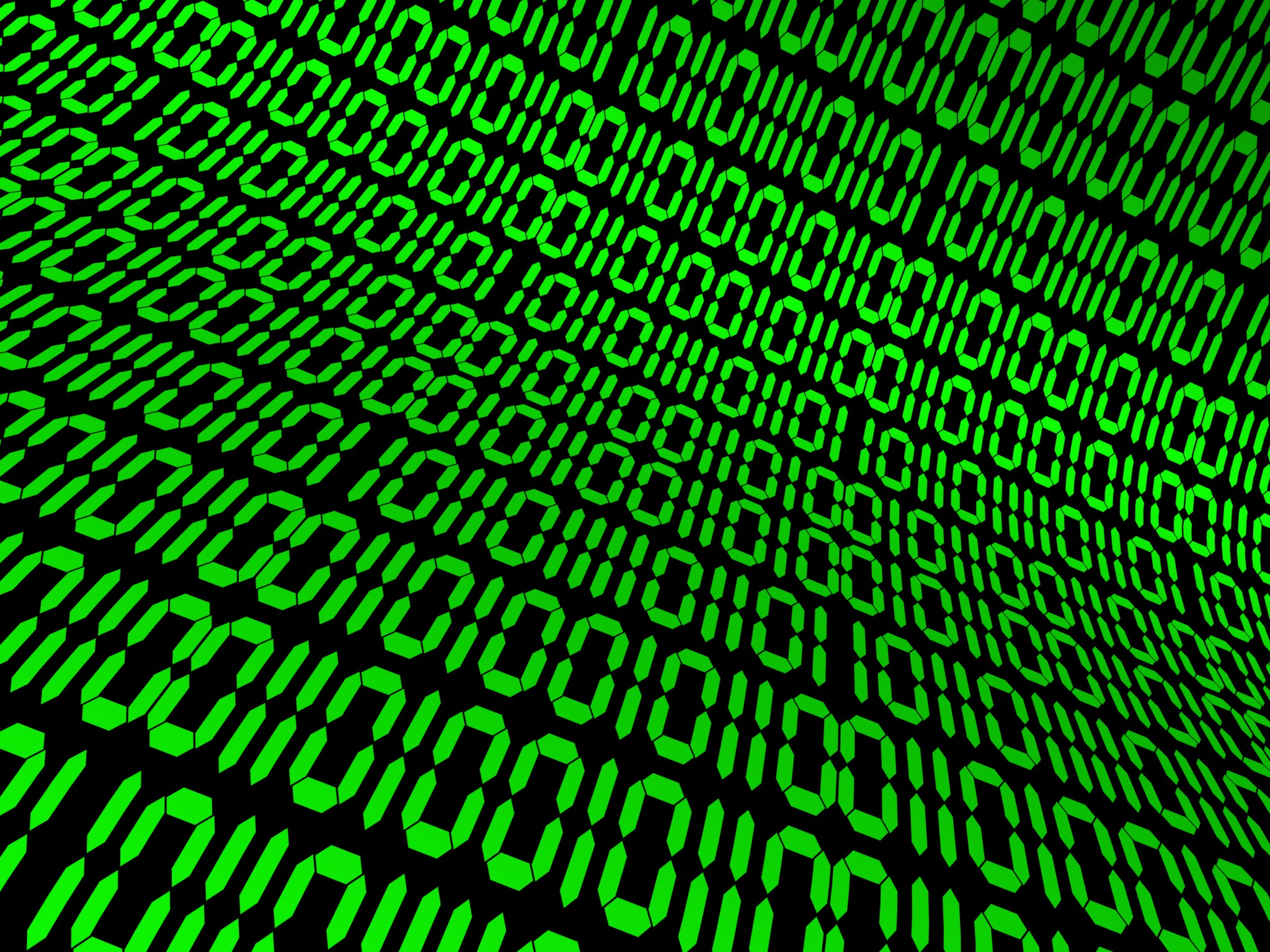Global standards for aviation security were agreed by governments through the International Civil Aviation Organization (ICAO) and are codified in Annex 17 of the Chicago Convention.
“It’s been 45 years since Annex 17 was added to the Chicago Convention. Still, far too many states are struggling to implement the Annex 17 baseline requirements. A weakness anywhere in the system affects everyone. The goal is 100% implementation. There is an urgent need for developed countries to provide more comprehensive assistance to developing countries to ensure the baseline security measures are met,” said de Juniac.
“Threats will continue to evolve and become ever more complex. Those wishing to do aviation harm have no state allegiance; they cross borders to share information and collaborate to refine their methods of causing chaos and destruction. The focus of governments must be on protecting people. And that cannot be done with insular thinking. We must get better at sharing information.” said de Juniac.
“In the years since 9.11 investment in aviation security has grown exponentially. There is no doubt that this has made flying more secure. But the efficiency of the system needs to be constantly challenged. Governments need to pursue risk-based security concepts that focus resources where the need is greatest,” said de Juniac.
IATA highlighted several critical areas to address, which include: securely vetting the millions of airport and airline staff who have access to aircraft; ending extra-territorial measures that often require airlines to take on government responsibilities; and improving the security experience for passengers, even as the number of passengers is set to double over the next two decades
IATA called for greater government and industry attention on emerging threats, including cyber threats.
“The digital transformation of the airline industry holds immense promise. But we must ensure that our aviation systems remain safe, secure and resilient against cyber-attack. Constructive dialogue and timely information-sharing among industry, technology providers and governments will be critical if we are to achieve this,” said de Juniac.
IATA states that it working with airlines, industry stakeholders and other sectors to “deliver a strategy early next year that will be a step-change in how we as a sector address the cyberthreat challenge”.

